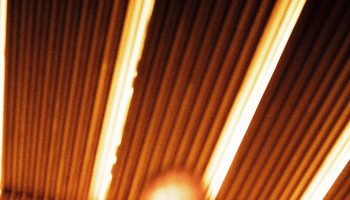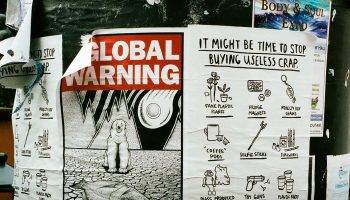Last month, social media was buzzing with news that the American Psychiatric Association had classified taking selfies as a mental disorder, selfitis. The story, which came from The Adobo Chronicles – a faux news site – defined selfitis as an obsessive compulsive desire to post photos of one’s self on social media to try to gain self-esteem and “fill a gap in intimacy”. It listed three levels of the disorder, borderline, acute and chronic selfitis, depending on how many selfies one took and uploaded a day. Many people responded defensively, outraged that America diagnosed it as a disorder, and others agreed that it is an addiction. It is easy to fool online readers; many people read a headline and start typing a furious comment before they read the article. But is there something else to the selfie craze?
Even politicians are doing it. US President Obama has had two embarrassing selfie experiences now. The first was at Nelson Mandela’s memorial service, with Michelle looking bemused in the background. More recently he agreed to a selfie with a Boston Red Sox player who turned out to have been paid by Samsung. The White House attorneys are pursuing legal action with Samsung over using the selfie for commercial gain and considering a possible ban on selfies with the President. UK Prime Minister Cameron was mocked for uploading a selfie of himself on the phone to Obama, looking serious. Tony Abbott tried the same thing, tweeting a photo of himself receiving an important call. Like Cameron’s, it backfired. People quickly came up with parody selfies of themselves with serious facial expressions holding up beer bottles, electric toothbrushes and bananas to their ears. Until they get selfie handlers, politicians might want to think twice before pressing the button.
In the last month, selfies have been in the news regularly. News.com.au warned its readers about the plight of a teenage boy in the United Kingdom, whose addiction to selfie-taking “almost killed him”. It describes his self-esteem issues and eating disorder, particularly after a “selfie binge”, which led to a suicide attempt. Daily Life questioned the latest selfie craze, #aftersex selfies, and argues that it is over-sharing and gloating, making single people feel sad about these “smug displays of raunch”. Celebrities have been busy putting up belfies (butt selfies) and getting involved in leaked naked selfie scandals. Ellen’s Oscar selfie is notorious and is already being analysed in classrooms as an example of social marketing and product placement.
With the word and concept of ‘self’ so prominent in the selfie crazie, it is not a surprise that the word narcissistic has started to follow it. When people started taking selfies without makeup, otherwise known as #nomakeupselfie, as part of a cancer awareness and charity campaign, it raised serious debate. Some argue that it hasn’t promoted the charity side enough. Many found it insensitive to the realities of cancer treatment. Kim Stephens, a journalist and cancer survivor, wrote in The Agethat washing off makeup from a healthy and attractive face for these selfies is not brave but “self-indulgent and offensive in the extreme to those you are professing to support.”
Feminist website Jezebel published an article in December 2013 that argued that selfies aren’t empowering but a cry for help, a call for affirmation and part of the way “we teach girls to see themselves as decorative”. Skepchick.org, in response, likened selfies to the art form of self-portraits. The writer argued that selfies are an equitable form of self-representation, as people have control over how they are portrayed and in this way it is “our personal narrative”.
It would be great if selfies were accessible and equitable, the chance for people to express themselves regardless of who they are. There are still some power issues that are ignored in a lot of the selfie analysis. Not everybody has a phone, let alone a smartphone with internet. Not everybody feels safe or free to capture and display their faces and bodies online, or to make a statement. Those who fit mainstream society’s expectations of how they should look probably feel a lot more comfortable putting up selfies than others. When I see less of the silly, self-promoting or product placement selfies, and more viral selfies that are intentionally artistic or political, I might feel more convinced that they have a value.


